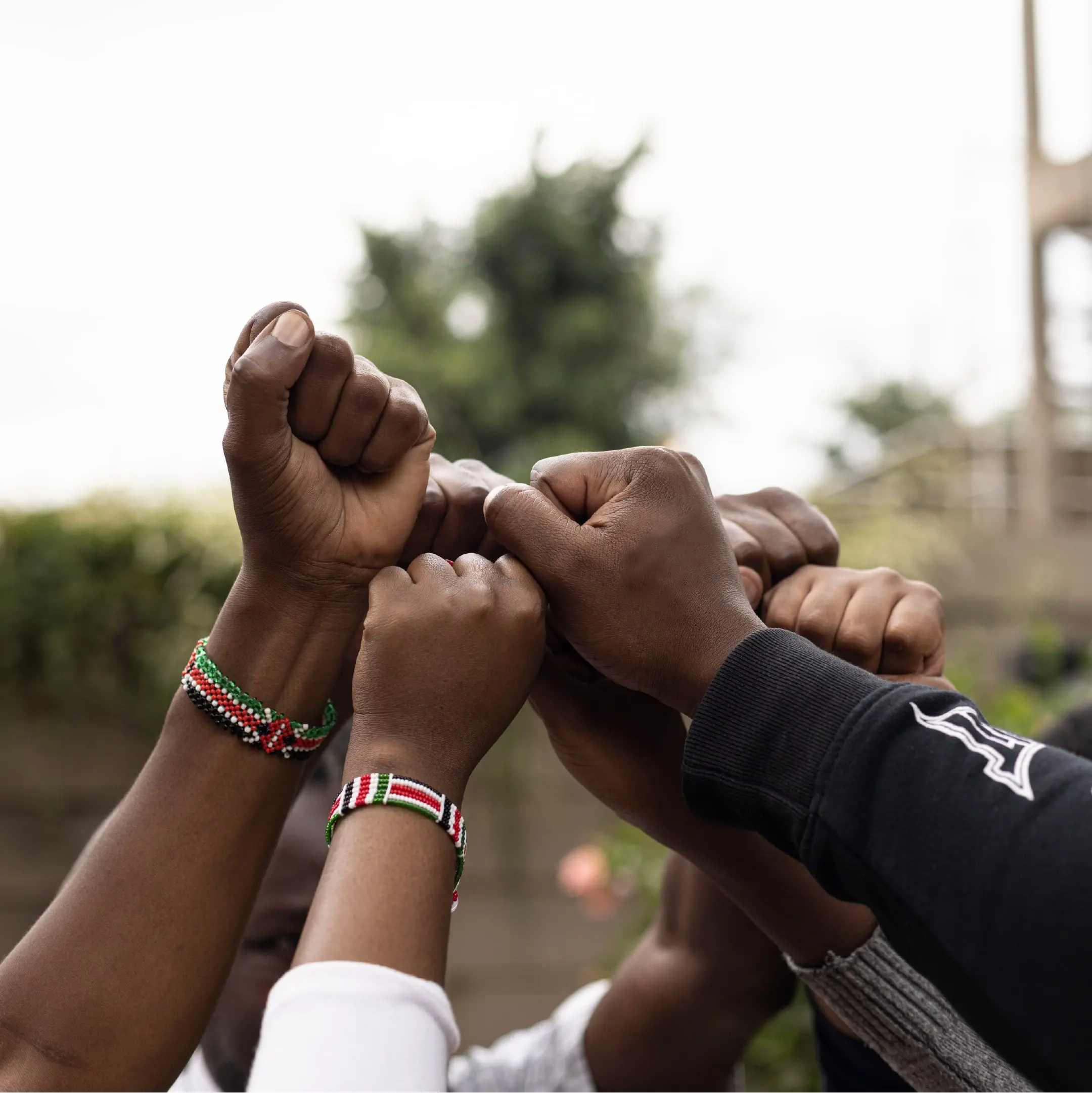As you watched the BBC Africa Eye documentary about the endemic sexual abuse of women casual labourers on the plantations Lipton Teas and Infusions and James Finlay owned in Kericho, you may have wondered where is the workers’ union in all of this?
It is clear the companies failed to provide their women labourers with a safe work environment, but what was the Kenya Plantation and Agricultural Workers Union (KPAWU) doing about this failure?
Not that much going by the statement published as a full-page ad in The Standard of February 24. The statement was also posted on the union’s general secretary’s Twitter account KPAWU’s General Secretary is Francis Atwoli. Yes, the same Atwoli who is the leader of Kenya’s umbrella trade union, the Central Organisation of Trade Unions (COTU).
— Francis Atwoli NOM (DZA), CBS, EBS, MBS. (@AtwoliDza) February 22, 2023
The KPAWU statement, which was signed by Atwoli, is significant for what it said and what it did not say. In it, Atwoli did not condemn the fact that sexual abuse happens at tea plantations in Kericho. The closest he came to doing this is describing the BBC Africa Eye documentary as “heart-wrenching”.
He did not acknowledge that allegations of sexual abuse have been made for years on end or that these allegations are widely known among tea plantation workers.
Assuming these allegations were news to him, his statement did not say what KPAWU was going to do after learning about the allegations of sexual abuse of tea plantation workers. Yes, it is true the women who spoke to BBC Africa Eye were mainly casual labourers and therefore not eligible to be union members. But in true trade union tradition, KPAWU could have, in solidarity with their fellow workers, offered, for instance, to provide counselling services for the survivors of sexual abuse.
Despite the obvious gaps, Atwoli’s statement did offer some useful insights. It referred to the International Labour Organisation’s (ILO) Convention 190. This is an international agreement of ILO member states on, among other things, steps to be taken when allegations of sexual abuse and sexual harassment are made in the workplace. Kenya is an ILO member state but is yet to ratify Convention 190, which became effective in 2019.
In the statement, Atwoli called on the government to quickly ratify Convention 190. He said that COTU submitted on December 8 an application to parliament for the convention to be ratified, after President William Ruto committed on December 3 to ratify it.
His Excellency President William Ruto, yesterday, gave an undertaking on the Ratification of ILO C190. pic.twitter.com/Jucvr9TEuw
— Francis Atwoli NOM (DZA), CBS, EBS, MBS. (@AtwoliDza) December 9, 2022
I read that and I felt I was teleported back to the single party days when the secretary general of COTU had to be a life member of the Kenya African Nation Union (KANU) party and did not act without the nod of the president. Is Atwoli signalling to us we are soon returning to those dark days? Or is he just being a sycophant? Why?
Atwoli is undoubtedly politically connected, judging by the delegations of politicians that have made their way to his home in Kajiado in the lead-up to the past two General Elections. Therefore, he has many doors he can open to persuade the government to ratify what is clearly an important international labour convention. He does not need to wait for the president’s nod.
In the rest of the statement, Atwoli blamed the companies for workers not being able to join KPAWU and workers being perpetual casual labourers. And when he was done blaming the companies, Atwoli had a final thought to share.
“Finally, we are calling upon the consumers of our tea, in the developed world where issues related to labour are taken seriously by their social partners, to come up with conditionalities on the importation of our tea.”
In other words, he called for a consumer boycott of Kenyan tea in Britain and similar countries to force an end to the sexual exploitation of women casual labourers and a change in their working conditions. At least that is what I think he meant.
Why not call on Kenyan consumers to also boycott, say, Lipton and other teas until the sexual exploitation of our compatriots ends? Does Atwoli think such a boycott will not have any traction with the ordinary person? Or would organising and seeing through such a boycott take up too much of his time?
Or is Atwoli’s final thought an admission that he is powerless as a trade union leader? Consider this part: “… where issues related to labour are taken seriously by their social partners …”
His statement implied labour issues are not taken seriously in Kenya. If this is true, why does Atwoli think it is the case? As the leader of the country’s umbrella trade union, has Atwoli done all that he can to change this?

